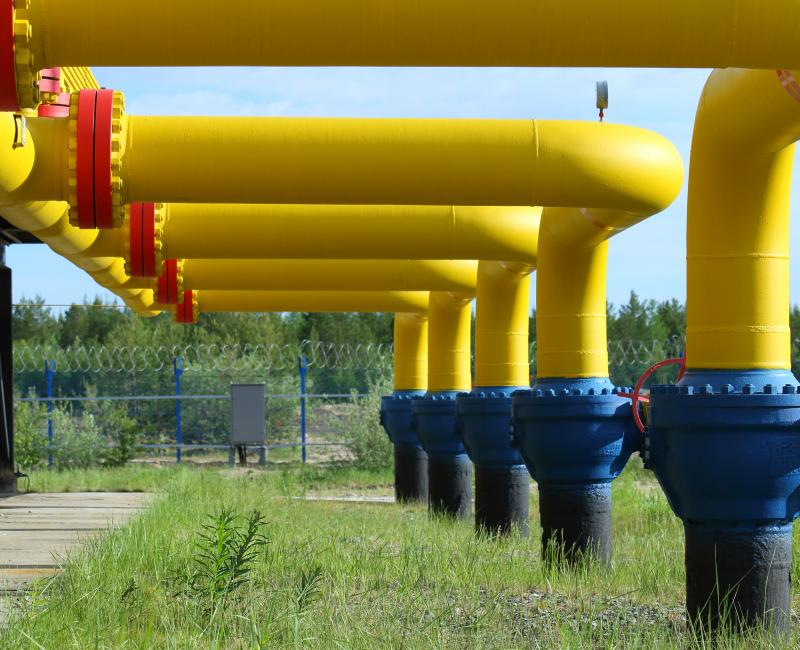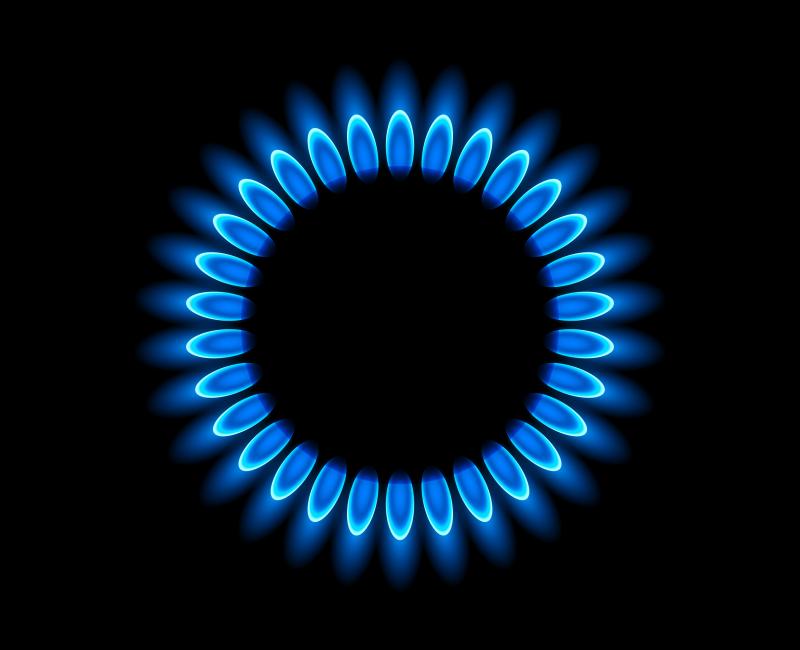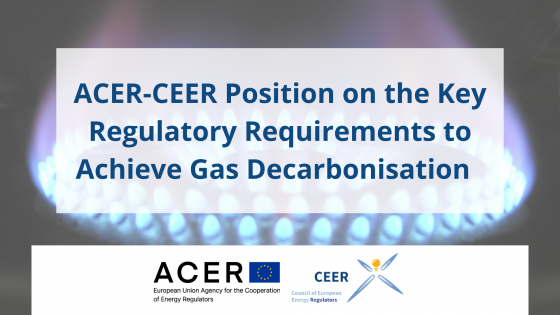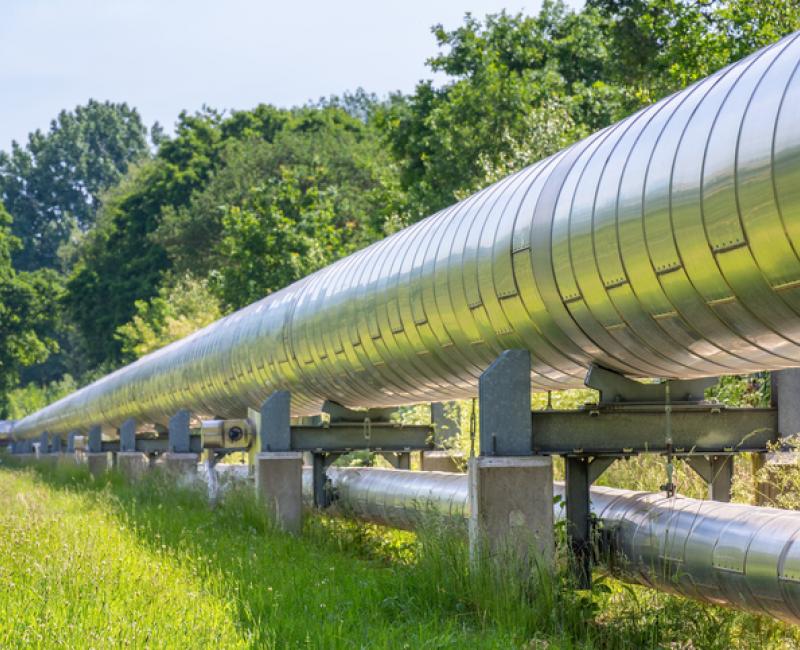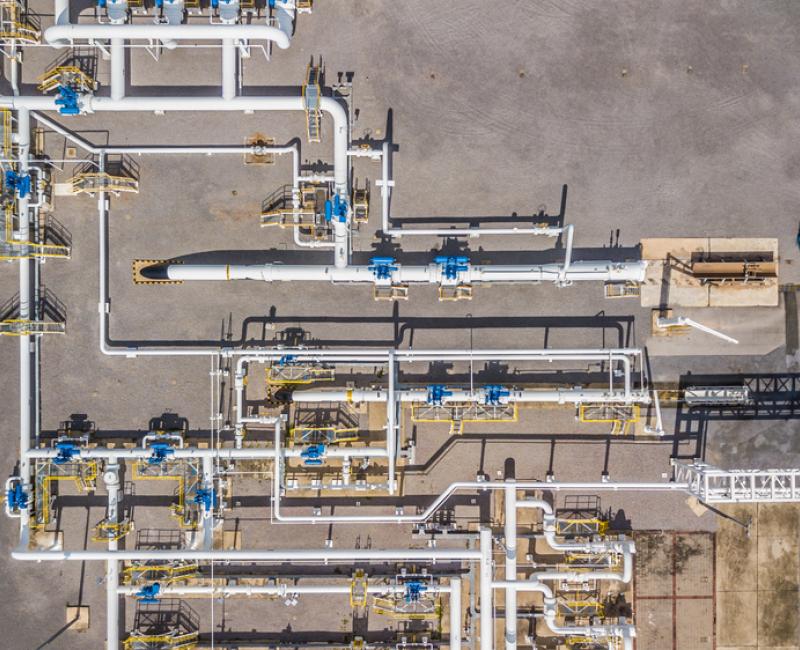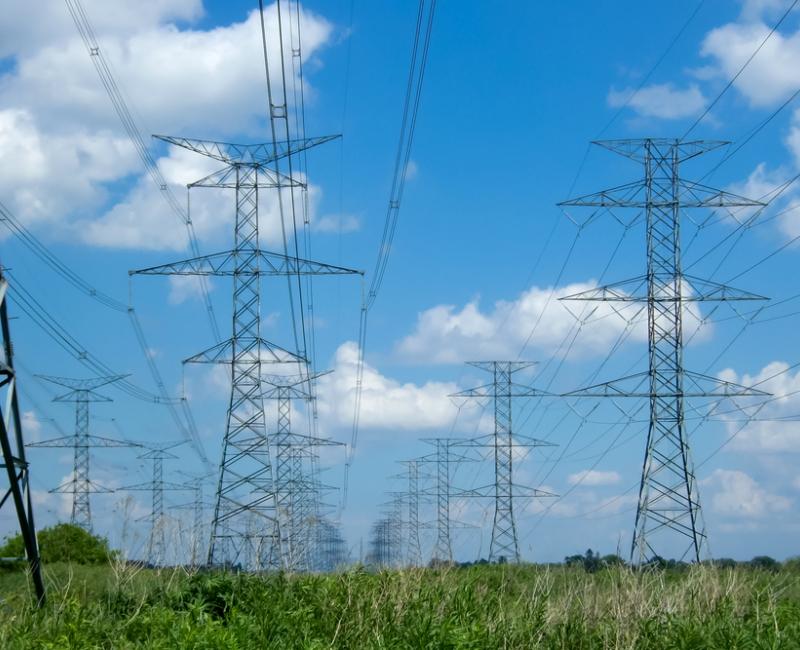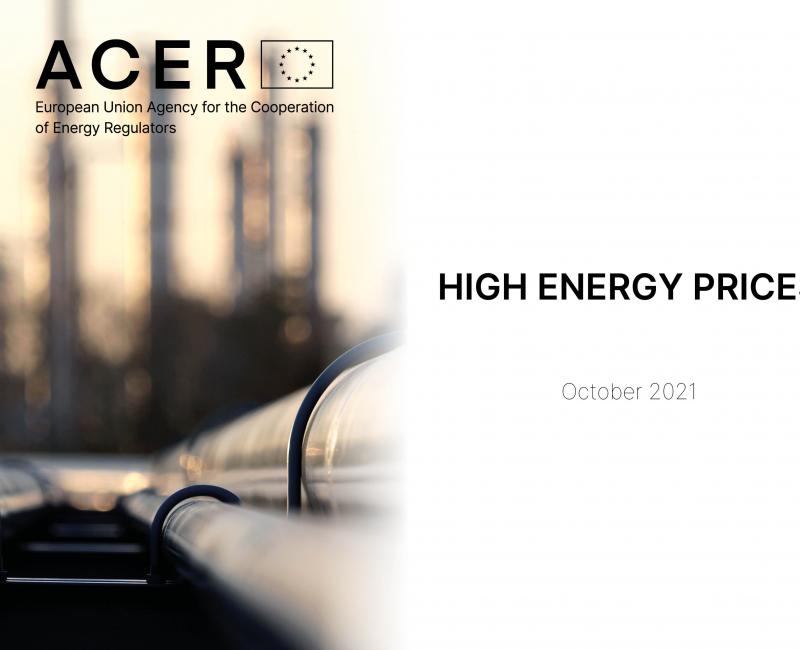ACER provides two Opinions on bi-directional gas capacity Decisions
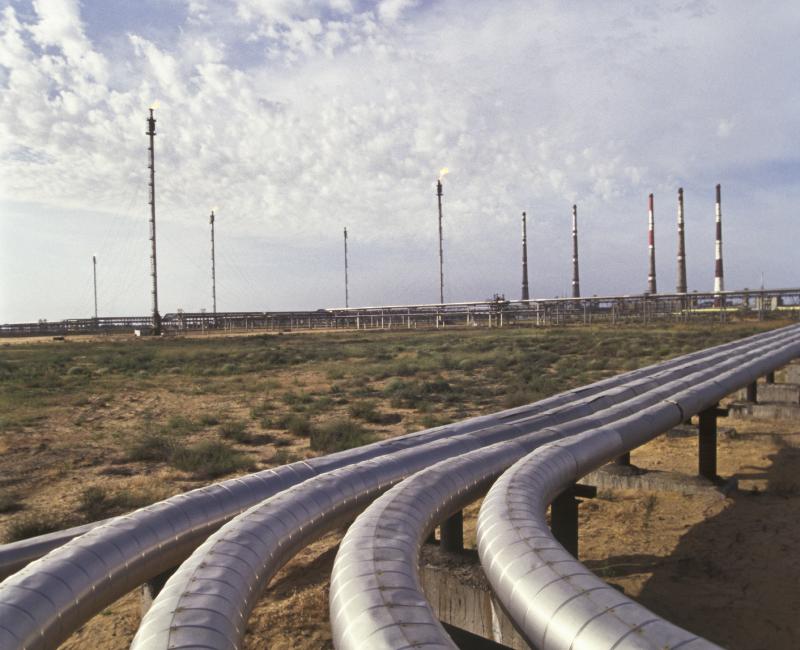
ACER provides two Opinions on bi-directional gas capacity Decisions
What is it about?
The EU Agency for the Cooperation of Energy Regulators (ACER) publishes today two Opinions related to the review of exemptions from the obligation of enabling bi-directional capacity in gas pipelines at two interconnection points (IPs).
In particular, ACER provides an assessment on the Decisions taken by the national regulatory authorities of:
-
Austria and Hungary at the Mosonmagyaróvár IP: accepting the transmission system operators (TSOs)’ proposal (Gas Connect Austria and FGSZ) and considering the obligation of enabling bi-directional capacity as already fulfilled,
-
Austria and Slovenia at the Murfeld/Ceršak IP: accepting the TSOs’ (Gas Connect Austria and Plinovodi) proposal and prolonging the exemption from the obligation of enabling bi-directional capacity.
What is the role of ACER?
After being notified by the Competent Authorities (i.e. the relevant NRAs) that the Decisions have been taken, ACER shall issue Opinions on the elements of the coordinated Decisions according to the requirements of the Security of Gas Supply (SoS) Regulation.
ACER’s Opinions are then submitted to the Competent Authorities and the European Commission, for possible consequential actions.
What is ACER’s assessment?
1. Interconnection point "Mosonmagyaróvár" (Hungary to Austria)
ACER believes the TSOs’ proposal was prepared and consulted in compliance with the SoS Regulation.
The Austrian and Hungarian energy regulatory authorities, E-Control and MEKH, timely decided on the proposal in a coordinated way. The TSOs proposal and the Decisions sustain there is already permanent bi-directional capacity at the Mosonmagyaróvár IP, under certain conditions related to:
-
gas demand and temperature in Hungary,
-
a request of application of solidarity from the Republic of Austria.
However, ACER notes the proposal does not include a feasibility study for a reverse flow project enabling permanent marketable capacities and a cost-benefit analysis based on the requirements of the TEN-E regulation.
The Decisions note that the main infrastructure standard indicator of the SoS Regulation (the so-called N-1 indicator) is already at an adequate level in Austria.
ACER agrees that there is no need to increase the capacity from Hungary to Austria at the Mosonmagyaróvár IP under the current circumstances. The investment costs of having significant marketable firm reverse flow capacity at this IP would significantly outweigh the very limited prospective benefits in terms of security of gas supply.
However, ACER is not convinced that the cumulative conditions indicated in the TSOs’ proposal could qualify as permanent physical bi-directional capacity. ACER believes that the agreed crisis scenarios, including any conditionalities to the physical flow capability, must be relevant and meaningful to offer gas flows from Hungary to Austria in a supply crisis.
Alternatively, a request for exemption should be submitted or a physical reverse flow project offering marketable capacity should be developed.
Read more on the ACER Opinion (Hungary - Austria).
2. Interconnection point "Murfeld/Ceršak" (Slovenia to Austria)
ACER believes the TSOs’ proposal was prepared and consulted in compliance with the SoS Regulation.
The Austrian and Slovenian energy regulatory authorities, E-Control and the Slovenian Energy Agency, timely decided on the proposal in a coordinated way.
ACER confirms the Decision fulfils the requirements of the SoS Regulation. However, the request for an exemption does not include a complete feasibility study for the project and a cost benefit analysis as required by the TEN-E regulation.
The Decisions note that the main infrastructure standard indicator of the SoS Regulation (the so-called N-1 indicator) is already at an adequate level in Austria.
ACER confirms there is no need to establish bi-directional capacity from Slovenia to Austria at the Murfeld/Ceršak interconnection point under the current circumstances.
The establishment of the capacity from Slovenia to Austria in the short - to medium - term, when not supported by the market, may result in inefficient investments. The investment costs of having permanent bi-directional reverse flow capacity at this interconnection point would significantly outweigh the very limited prospective benefits in terms of security of gas supply.
